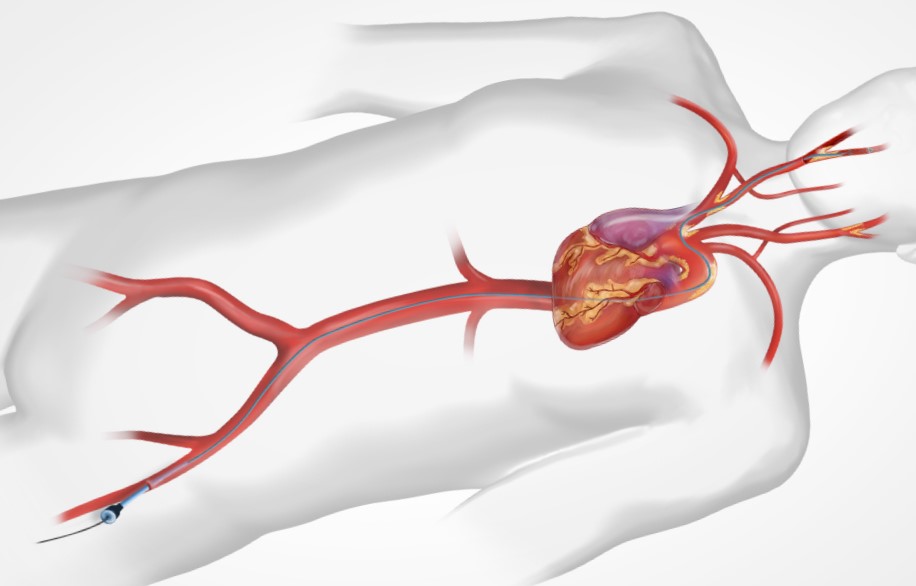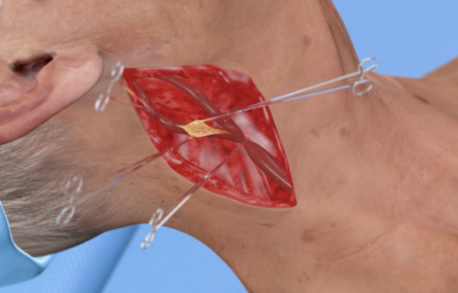Medical Therapy
Managing your carotid artery disease with medication
Medical
Therapy
Medical
Therapy
Can You Manage Carotid Artery Disease with Medication?
If you caught your carotid artery disease early, your physician may suggest medical therapy to manage your carotid artery disease medications. Your doctor may prescribe medicine (antiplatelets) to help stop cells in the blood from sticking together and forming a clot. A blood clot can lead to a heart attack or stroke. Additionally, medications that help to control hypertension and lower your cholesterol and fats may be prescribed. If you have diabetes, your physician may change your medications to help reduce your blood sugar levels.

Managing Carotid Artery Disease
A healthy diet, exercise and stopping smoking are also important to help treat and prevent carotid artery disease. Be sure to monitor your carotid artery disease closely in case it worsens. If medical therapy is not enough to manage your disease completely, your physician may recommend another treatment option such as carotid artery surgery or stenting to help lessen your risk of stroke.
Risks of Medical Therapy
Since medical therapy does not require any physical intervention to fix the disease in your carotid artery, you could still be at risk for a future stroke. Sometimes severe narrowing, also called stenosis, without symptoms might still benefit from intervention. It is important to closely monitor your carotid artery disease with your physician in case it continues to worsen.


Risks of Medical Therapy
Since medical therapy does not require any physical intervention to fix the disease in your carotid artery, you could still be at risk for a future stroke. Sometimes severe narrowing of the artery, also called stenosis, without symptoms might still benefit from intervention. It is important to closely monitor your carotid artery disease with your physician in case it continues to worsen.
Additional Carotid Artery Disease Treatment Options

Transfemoral Carotid Artery Stenting
Carotid artery disease treated with a stent placed with access through the upper leg

Carotid Endarterectomy
Surgical treatment option to reduce the risk of stroke

Transcarotid Artery Revascularization
Minimally invasive option to treat carotid artery disease
Insurance and Medicare Coverage for Medical Therapy
Medication for medical therapy for carotid artery disease is typically covered by insurance. Depending on your disease and other risk factors, your physician will prescribe the appropriate medication combination. Contact your insurance company about your coverage on the medications your physician prescribes.

Diagnosed with Carotid Artery Disease?
Search physicians and practices that perform carotid artery surgery using the latest technology